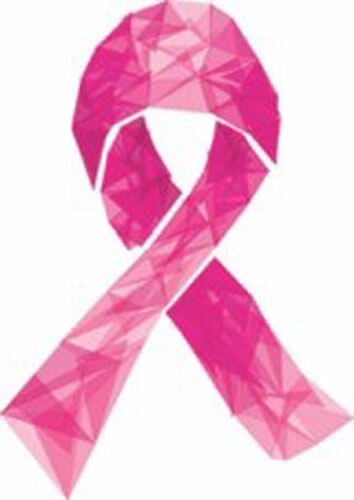Mixed messages exist regarding the health benefits and implications of frequent, yet controlled alcohol consumption. While some studies suggest a drink or two a day promotes long-term health, other data indicates that even sipping an average of 10 grams of alcohol per day can increase a person’s risk of cancer.
According to Anne McTiernan, a cancer prevention researcher at Seattle’s Fred Hutchinson Cancer Research Center, the equivalent of a small glass of wine, an eight-ounce beer, or one ounce of hard liquor is associated with a five percent increased risk of breast cancer in premenopausal women and a nine percent increase in postmenopausal women.
Other data paints a similar picture. Compared to women who don’t drink at all, women who have three alcoholic drinks per week have a 15 percent greater risk of breast cancer. Experts estimate that the risk of breast cancer goes up another 10 percent for each additional drink women regularly have each day. And younger women also are at risk. Teen and tween girls who drink between three and five alcoholic beverages a week increase their risk of developing benign breast lumps.
The cancer information and research organization Breas
Drinking alcohol does not mean women or men are destined to be diagnosed with breast cancer. Alcohol is just one of many variables that can increase a person’s risk of getting the disease.
While curbing excessive drinking is good for health in general, curtailing cocktail consumption may help to slightly reduce breast cancer risk in particular. However, women can take many other steps to reduce their risk for breast cancer.
Diet and exercise can benefit overall health in various ways, including reducing a person’s risk for breast cancer. Various reports suggest that vigorous exercise, like cycling or running, can reduce a woman’s risk of post-menopausal breast cancer by nearly 10 percent compared to less active women. Choosing healthy foods can keep weight in check, helping to reduce the risk of breast cancer.
The Mayo Clinic also lists these steps to help with breast cancer risk:
• Avoid smoking.
• Breastfeed children.
• Limit the dose and duration of hormone therapy for menopausal symptoms.
• Avoid exposure to radiation.
• Adhere to a Mediterranean diet that features legumes and other plant-based foods.
• Prioritize breast cancer detection.





















